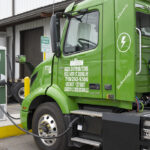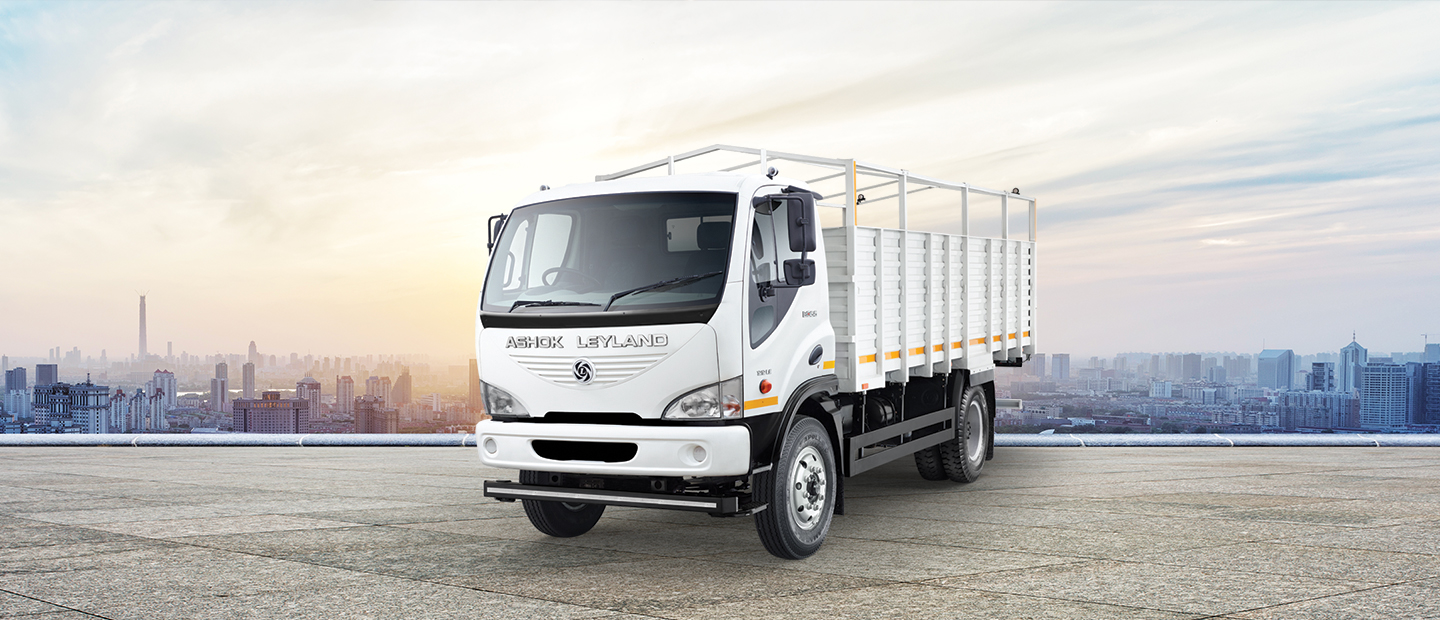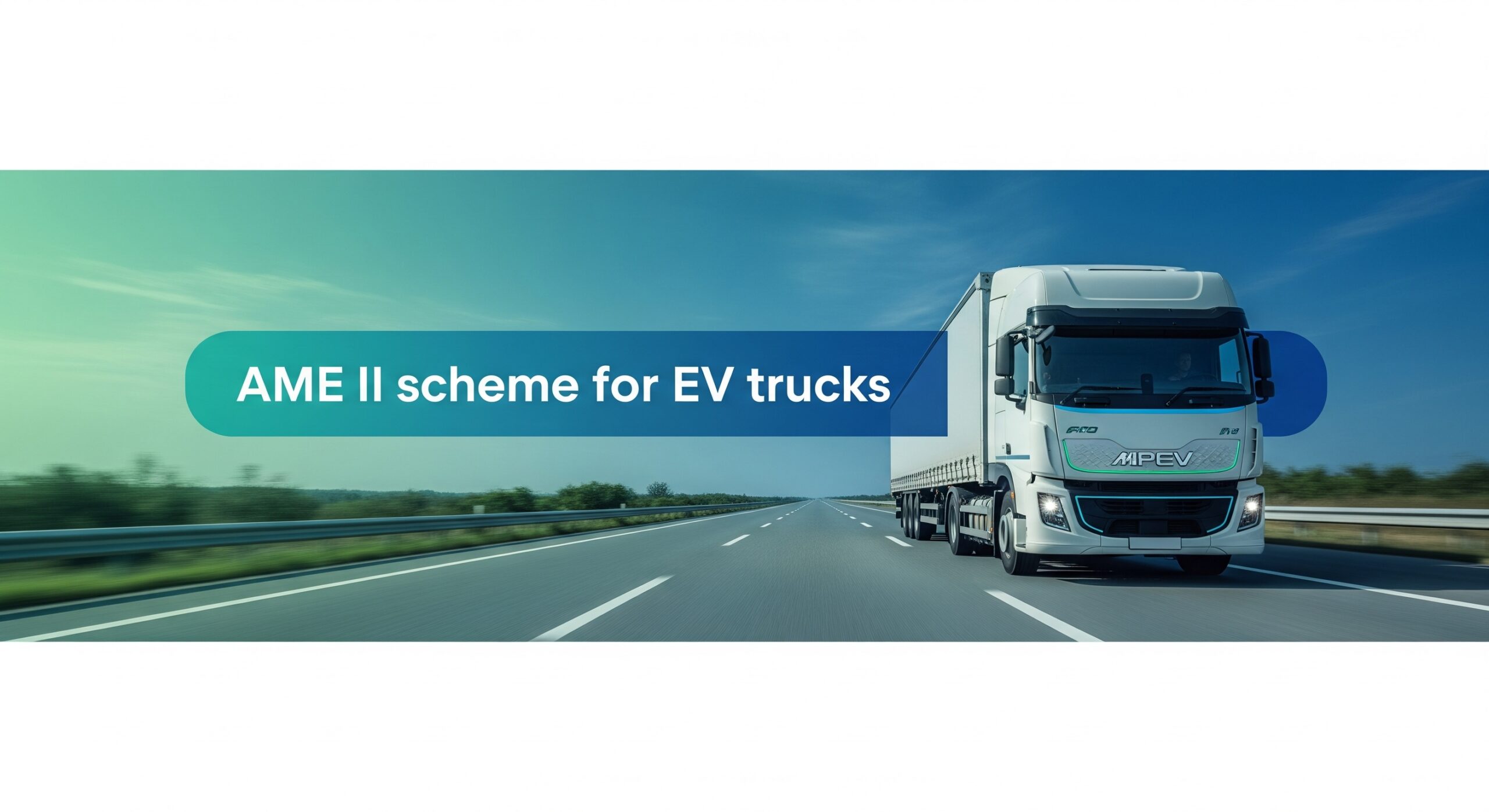With the rapid shift toward sustainable transportation, many individuals and fleet owners are asking: Diesel vs Electric Truck — which one should I buy in 2025? As electric trucks gain popularity for their eco-friendliness and low running costs, diesel trucks continue to dominate the commercial vehicle market with their reliability and widespread fueling infrastructure.
In this in-depth blog, we compare diesel and electric trucks across multiple factors to help you make the right choice in 2025.
1. Initial Purchase Cost
| Truck Type | Average Price (2025 Estimate) | Government Subsidies (India) |
|---|---|---|
| Diesel Truck | ₹20–30 Lakhs | Minimal or None |
| Electric Truck | ₹25–40 Lakhs | Up to ₹10 Lakhs (FAME-II) |
Electric trucks may have a higher upfront cost, but subsidies under the FAME-II scheme and state-level incentives significantly reduce the price.
2. Fuel & Charging Costs
| Truck Type | Average Fuel/Charge Cost (per km) |
| Diesel Truck | ₹9–11 |
| Electric Truck | ₹2–3 |
Electric trucks are significantly cheaper to run. Even accounting for rising electricity tariffs, EVs offer a huge cost advantage.
3. Maintenance & Servicing
Diesel engines require:
- Oil changes
- Fuel filters
- Regular emission checks
Electric trucks need:
- Battery health monitoring
- Software updates
Average Annual Maintenance Cost:
| Truck Type | Estimated Annual Maintenance Cost |
| Diesel Truck | ₹1.2–1.5 Lakhs |
| Electric Truck | ₹40,000–70,000 |
EVs have fewer moving parts, meaning fewer breakdowns and lower service costs over time.
4. Range & Refueling Time
| Feature | Diesel Truck | Electric Truck |
| Range on Full Tank/Charge | 600–1000 km | 150–350 km |
| Refueling Time | 10–15 minutes | 60–90 minutes (Fast Charging) |
While diesel trucks still win in range and quick refueling, the gap is closing fast with new battery technology and fast-charging networks being deployed across India.
5. Environmental Impact
| Factor | Diesel Truck | Electric Truck |
| CO2 Emissions | High | Zero (tailpipe) |
| Air Quality Impact | PM2.5 & NOx emissions | Negligible |
| Noise Pollution | High engine noise | Silent operation |
Electric trucks are the clear winner for sustainability. Many cities are also pushing for EV-only delivery zones to reduce pollution.
6. Resale Value & Depreciation
In 2025, EV resale value is improving thanks to:
- Better battery warranties (up to 8 years)
- Higher demand in urban delivery sectors
Diesel trucks still retain decent resale value in rural and long-haul markets, but that may change as regulations tighten.
7. Government Policies & Regulations
India is moving toward stricter emission norms (BS-VI+) and pushing e-mobility through:
- FAME-II
- State EV Policies (Delhi, Maharashtra, Tamil Nadu, etc.)
- Reduced registration charges for EVs
- Priority parking and toll exemptions
By 2030, several states aim for 70–100% electric fleet conversions for commercial use.
8. Use Case Suitability
| Use Case | Recommended Truck Type |
| Long-Haul Logistics | Diesel Truck (for now) |
| City Deliveries | Electric Truck |
| Inter-City (Short Haul) | Electric Truck |
| Rural Operations | Diesel Truck |
| Eco-Conscious Businesses | Electric Truck |
Final Verdict: What Should You Buy in 2025?
Choose a Diesel Truck if:
- You frequently cover long distances
- You operate in rural areas with limited EV charging
- You want a time-tested and familiar vehicle
Choose an Electric Truck if:
- Your operations are mostly within city limits
- You want lower fuel and maintenance costs
- You want to future-proof your fleet
- You’re eligible for EV subsidies
Frequently Asked Questions (FAQs)
Q1: Are electric trucks reliable for Indian roads?
Yes. Major EV truck manufacturers have optimized models for Indian terrain, load, and climate.
Q2: Can I charge an electric truck at home or warehouse?
Yes. Many companies install dedicated chargers at depots. Fast chargers are also being expanded.
Q3: Do electric trucks need frequent battery replacement?
No. Most modern EV batteries come with 7–8 years of warranty and have long lifespans.
Q4: Which brands are offering electric trucks in India in 2025?
Tata Motors, Ashok Leyland, Eicher, and Mahindra have rolled out commercial electric trucks.
Q5: Is it safe to drive an EV truck in heavy rain or monsoons?
Yes. EV trucks are IP-rated for water resistance and thoroughly tested for all-weather safety.
Conclusion
In 2025, the gap between diesel and electric trucks is narrowing fast. While diesel still leads for long-haul and rural uses, electric trucks are increasingly the better choice for urban logistics and daily operations. If you’re planning to invest in a truck this year, assess your business needs, routes, and budget. But remember—the future is electric.
For more EV truck reviews, updates, and guides, stay tuned to our blog!






